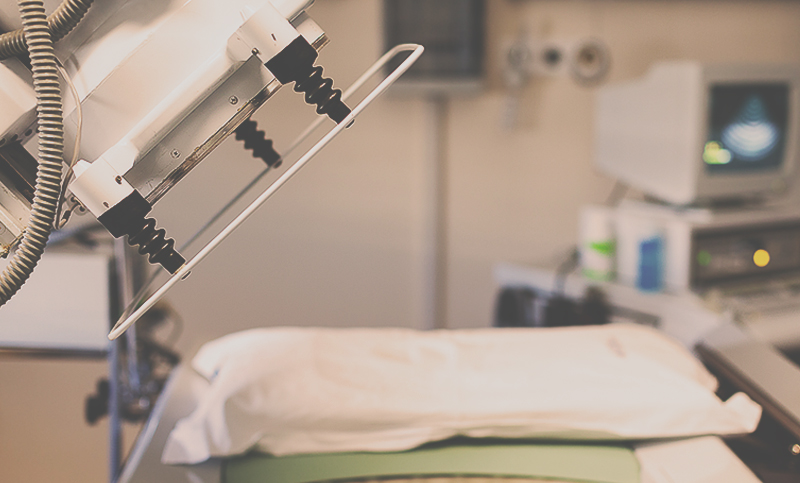
Urological stones are quite common and in some cases they can be very painful. Thankfully there are number of effective treatment methods available.
Lithotripsy is the act of breaking a stone and various methods exist.
What Are Urological Stones?
Urological stones are hard, solid crystals of various sizes formed from the minerals in urine. They can cause pain and infection, and blockages that may result in damage to the urinary tract.
Stones are quite common and they are more prevalent in men. Some stones are quite small and will pass on their own accord, but larger stones some will require surgery if they are too large to pass. If there is blockage from a stone as well as infection then surgery is also needed.
There are four main types of urological stones:
• Those formed from calcium combined with oxalate or phosphate (these are the most common).
• Struvite stones, which are caused by a urine infection and magnesium and ammonia.
• Uric acid stones, which caused by too much acid in the urine. These can be sharp and quite large.
• Cystine stones, which are quite uncommon. They are hereditary and are more crystalline than other stones.
Types of Lithotripsy
Flexible Ureteroscopy and Laser Lithotripsy
FURSL involves using an endoscope to break down stones located in the ureter. A thin flexible tube is inserted into the urethra to get a visual of the ureters. A laser attached to the endoscope is then to break them down.
Extracorporeal Shock Wave Lithotripsy
ESWL is the least invasive surgical kidney stone treatment. It employs high frequency sound waves from an external source to break the stones into smaller pieces. They then pass through the urine. ESWL was the main treatment used for stones in the kidney until the advent of laser. Currently most stones are broken with a laser rather than shock wave lithotripsy.
Percutaneous Nephrolithotomy
Percutaneous nephrolithotomy may be performed if the stone is very large or even fills the whole kidney (Staghorn calculus). This involves puncturing the kidney from the outside and inserting a special camera into the kidney from the back. The stone is then broken and removed with a combination of ultrasound, laser and suction. It is far less invasive than open surgery.
Treating Urological Stones with Urology Specialist
While he is primarily a urological cancer surgeon, Dr Arianayagam also sees patients with general urological problems, including stones in the kidneys, ureters or bladder. He is happy to help anyone with kidney stones urgently as he is aware of how much pain stones can cause.
If you have any questions, or would like to book an appointment, please feel free to get in touch or call on 1300 307 990.

